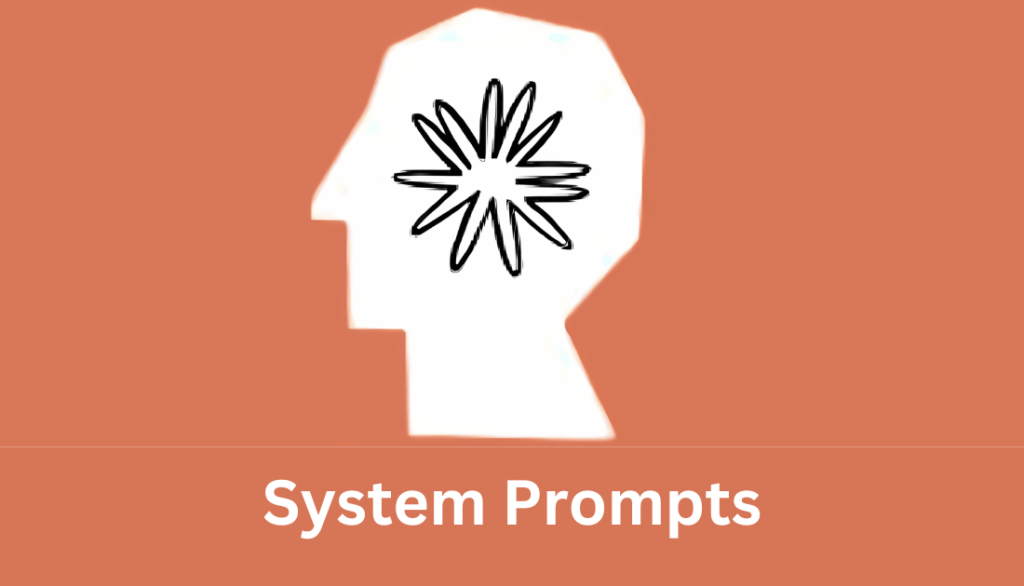Anthropic has stirred the pot with its recent move to disclose the “system prompts” that govern its Claude models. This announcement, made on August 26, 2024, marks a notable shift towards transparency in an industry often criticized for its opacity.
For those unfamiliar with the concept, system prompts are foundational instructions embedded into generative AI models. These prompts essentially set the stage for how the AI should behave, guiding its responses and interaction style.
While generative AI models like Claude don’t possess human-like intelligence or personalities, they follow these prompts to deliver responses that align with their designed parameters. This is crucial for ensuring that models behave in ways that are both useful and ethical.
In a field where competitors often guard such details closely—presumably to maintain a competitive edge or because revealing them might expose vulnerabilities—Anthropic’s decision to make these prompts public is striking. This move highlights the company’s commitment to transparency, setting a new standard in the industry.
Anthropic’s latest Claude models, including Claude 3 Opus, Claude 3.5 Sonnet, and Claude 3.5 Haiku, now have their system prompts published on the Claude iOS and Android apps as well as on the web. This is a departure from the norm, where such prompts are typically hidden to prevent potential misuse or exploitation.
According to Alex Albert, head of Anthropic’s developer relations, this disclosure is part of a broader strategy to maintain openness. Albert hinted that future updates and fine-tuning of system prompts will also be made public, suggesting that this level of transparency could become a regular practice for the company.
The released prompts provide a clear outline of the capabilities and limitations of the Claude models. For instance, the prompts specify that Claude models cannot open URLs, view videos, or engage in facial recognition.
The Claude Opus prompt explicitly instructs the model to act as though it is completely “face blind” and to avoid identifying or naming individuals in images. This is a deliberate design choice to safeguard user privacy and avoid potential misuse of AI capabilities.
Moreover, the prompts also detail the personality traits that Anthropic aims for its models to exhibit. For example, the Claude 3 Opus prompt describes the model as being “very smart and intellectually curious,” emphasizing its role in engaging users in thoughtful discussion across a range of topics.
The prompts instruct Claude to approach controversial subjects with impartiality and objectivity, avoiding biased responses. Additionally, the prompt advises Claude to refrain from starting responses with certain phrases like “certainly” or “absolutely,” aiming for a more nuanced and considerate interaction style.
This level of detail in the prompts offers a glimpse into how these models are guided to behave and interact. It also reveals the limitations of AI, underscoring that despite sophisticated programming, these models remain fundamentally blank slates without human oversight and guidance.


